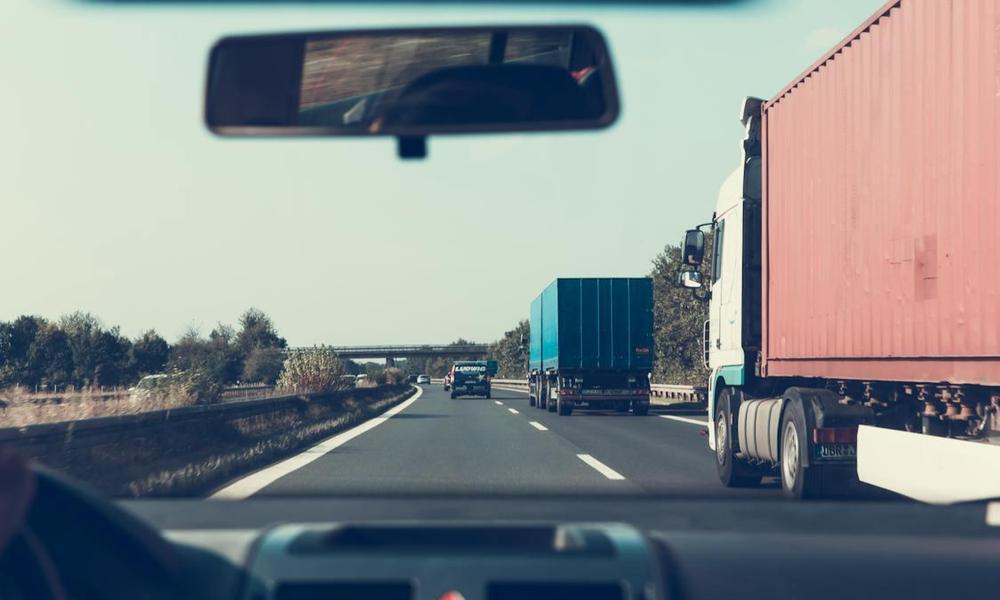
Article at a Glance:
- Large trucks used in heavy haulage put extra pressure on roads and bridges, leading to deterioration, which requires expensive repairs.
- Heavy haul-tucking companies must use sustainable practices, such as specialty load-sharing equipment and responsible driving, to reduce the impact on roads and bridges.
In the world of logistics, heavy haulage is responsible for transporting oversized and overweight cargo across the globe. While heavy haulage companies in Melbourne and beyond facilitate the movement of these colossal loads, their operations exert a significant impact on our road infrastructure and maintenance. This article aims to delve deeper into the multifaceted challenges posed by these mammoth vehicles, ranging from road surface deterioration to the substantial financial burden on governments and taxpayers.
The Physical Toll
Heavy haulage vehicles, including heavy haulers, are designed to transport goods that far surpass standard weight and size limits. This results in a substantial increase in pressure on road surfaces, leading to accelerated wear and tear. The sheer weight of these loads often causes pavement degradation, leaving behind unsightly potholes and uneven road surfaces. Moreover, as these behemoth heavy haulers move across thoroughfares, they contribute to the structural wear and tear of bridges and overpasses, mandating costly repairs and maintenance.
Financial Implications
The impact of heavy haulage on road infrastructure extends beyond physical deterioration; it carries hefty financial implications for governments and taxpayers. The burden of maintaining and repairing the infrastructure to accommodate these heavy loads ultimately falls on the shoulders of the public. With taxpayer funds financing these endeavours, it becomes paramount to explore sustainable and alternative solutions to manage these expenses sensibly.
Regulations and Policies
Acknowledging the substantial impact of heavy haulage on road infrastructure, governments worldwide have implemented regulations and policies to mitigate these effects and ensure the safety of all road users. These regulations encompass weight and speed limits, route restrictions, and permit prerequisites for oversized loads. Strict adherence to these rules is crucial in preserving the structural integrity of our roads and bridges.
Heavy haul trucking companies operating in Melbourne and other regions are obligated to comply with these regulations. Non-compliance can result in substantial fines and penalties. These measures aim to strike a delicate balance between facilitating the movement of heavy haulage vehicles, such as heavy haulers, and safeguarding the infrastructure that supports this vital industry.
Sustainable Solutions
It is clear that heavy haulage operations bring forth multifaceted challenges, but the services of heavy haul trucking companies are also a necessity. So, it is essential to find sustainable solutions for these services to co-exist with the goodwill of the public and government. In order to address the challenges posed by heavy haulage, the industry must embrace sustainable practices.
Innovations such as reinforced road surfaces and advanced bridge designs are indispensable in withstanding the considerable stresses imposed by these heavy loads. Simultaneously, investments in infrastructure maintenance and upgrades should be a paramount concern to extend the longevity of our roads and bridges.
Furthermore, the heavy haulage industry should actively promote responsible practices that prioritise safety and minimise damage to our roadways and bridges. This encompasses meticulous load distribution and unwavering adherence to weight and route restrictions.
The impact of heavy haulage vehicles, like heavy haulers, on road infrastructure is an issue that resonates with us all. As heavy haul trucking companies continue to transport oversized and overweight cargo, it is imperative to recognise the challenges, physical and financial, associated with this industry.
By prioritising sustainability and embracing responsible practices, we can effectively mitigate the adverse effects on our road infrastructure while ensuring the safety and well-being of all road users. The time has come for heavy haulage to lead the way towards a more responsible, sustainable future on our roads.




